
Kenya will be among three African countries selected by the World Health Organisation (WHO) to introduce the world's first malaria vaccine.
The vaccine known as RTS,S or Mosquirix, will also be introduced in Ghana and Malawi starting next year.
It is the only vaccine developed against malaria that has successfully made it to the large scale testing.
In the next four years (2017-2021), the injectable vaccine developed by British drug maker GlaxoSmithKline in partnership with PATH Malaria Vaccine Initiative will be administered to an estimated 720,000 children aged between five and 17 months in high-risk areas in the three countries.
Beginning 2018, the selected children will receive four doses of the vaccine -- once a month for three months and then a fourth dose will be administered 18 months later.
LIMITED PROTECTION
According to experts, the injectable vaccine could provide limited protection against a disease that killed 429,000 people worldwide in 2015, with two-thirds of them being children under the age of five.
"The prospect of a malaria vaccine is great news. Information gathered in the pilot will help us make decisions on the wider use of this vaccine," said Dr Matshidiso Moeti, the WHO's regional director for Africa while making the announcement on Monday in Nairobi.
The pilots are funded by Gavi, the Vaccine Alliance, the Global Fund to Fight Aids, Tuberculosis and Malaria, Unitaid, the WHO and GSK to the tune of Sh5 billion (50 million USD) over four years.
RTS,S was developed by British drug manufacturer GlaxoSmithKline in partnership with the PATH Malaria Vaccine Initiative to protect children from the mosquito-borne disease.
In clinical trials, it proved only partially effective, offering 40 per cent protection hence the need to be given in a four-dose schedule, but is the first regulator-approved vaccine against the mosquito-borne disease.
SCIENTIFIC TESTING
The vaccine should be used alongside other preventative measures such as bed nets, insecticides, repellents and anti-malarial drugs, the WHO said.
"Combined with existing malaria interventions, such a vaccine would have the potential to save tens of thousands of lives in Africa," Dr Moeti said.
"This vaccine is a weapon amongst others, it is one of the tools at our disposal," she added.
The drug passed previous scientific testing -- including a phase three clinical trial between 2009 and 2014 -- and was approved for the pilot programme in 2015.
The trials aim to assess the effectiveness of the vaccine as well as the feasibility of its delivery to populations at risk as four successive doses must be given on a strict timetable.
FULL PROTECTION
While RTS,S does not promise full protection against the mosquito-borne disease, it is the most effective potential vaccine so far developed reducing the number of people being hospitalised and blood transfusions.
Malaria episodes reduced by 40 per cent in tests on 15,000 people in seven countries over five years of clinical trials and could therefore save hundreds of thousands of lives.
"It is an efficacy rate which is quite low, but given the amount of affected people, the impact will be huge," said Mary Hamel, who is coordinating the vaccine's implementation programme.
"There will be other vaccines which will be more efficient, but in the meantime, this will have a significant influence," she added.
Read Full Story
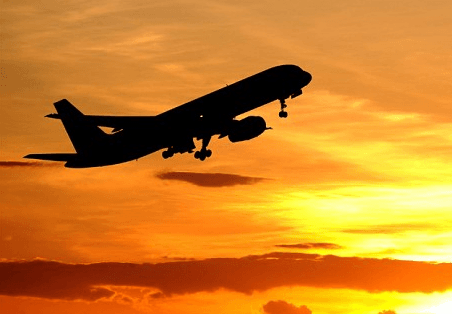
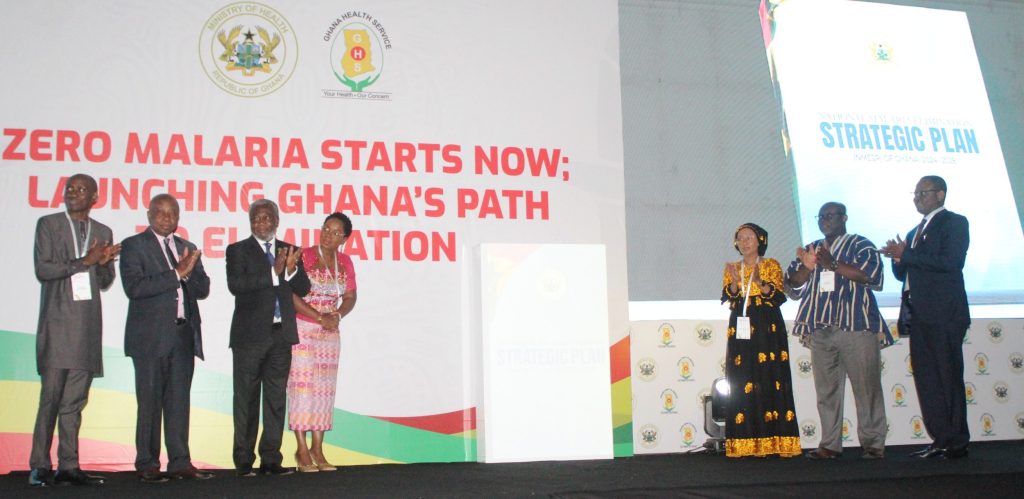

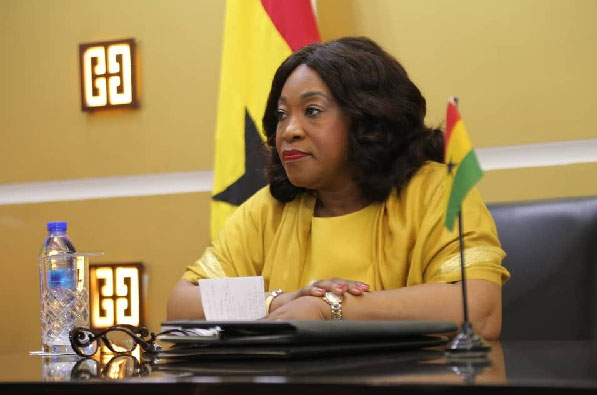
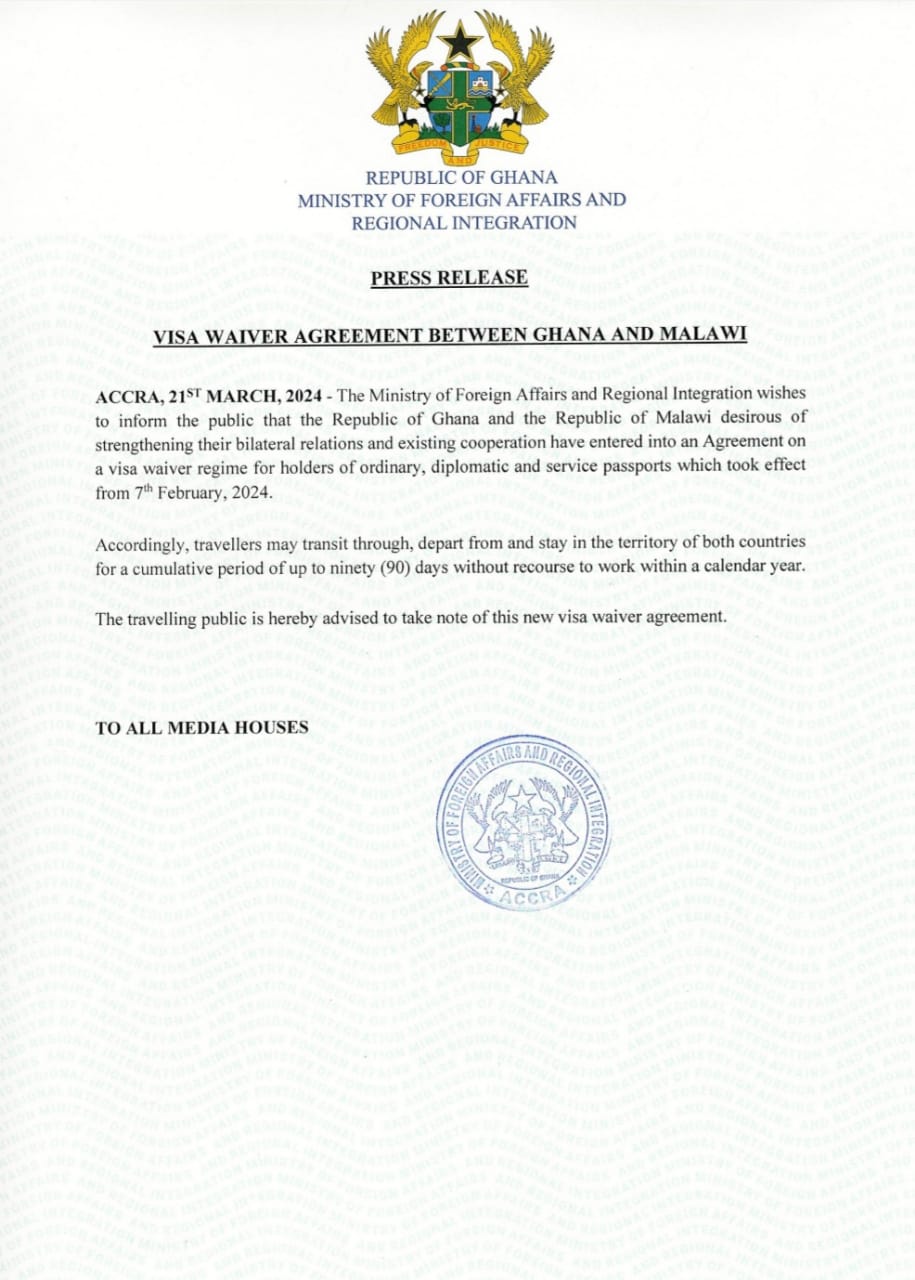
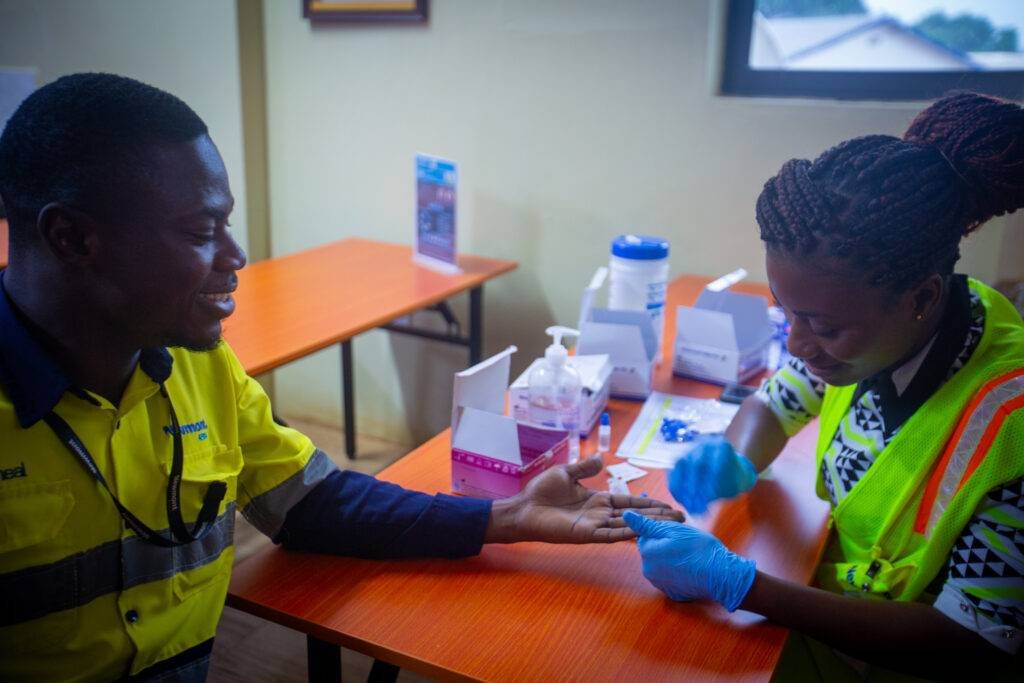


















Facebook
Twitter
Pinterest
Instagram
Google+
YouTube
LinkedIn
RSS